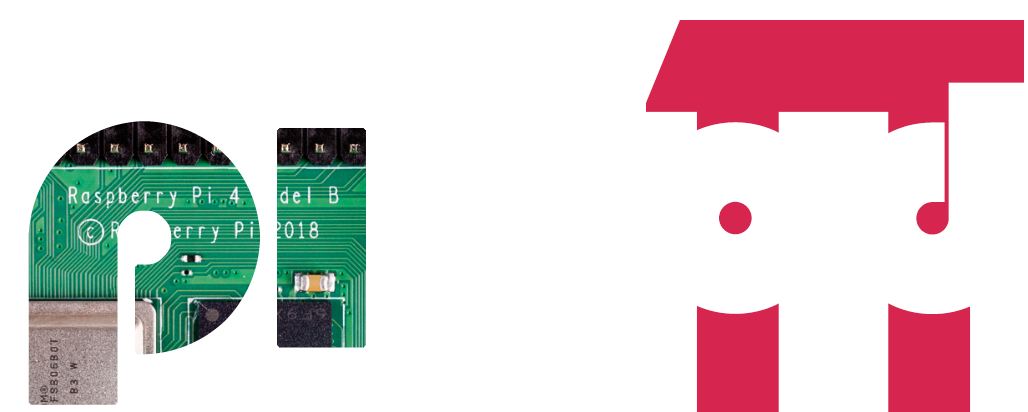Following yesterday’s news that The Pi Podcast has come to an end, I’ve been keeping an eye out for a replacement. Well, the first one has appeared! Young Josh has just started a series of podcasts based on his visits to the long-running Preston Raspberry Jam. He’s conducted two interviews so far: one with hobbyist Jacob White and one with David Ferguson, creator of Pi Bakery which is something I haven’t come across before. Pictured below, it appears to be an easy way to configure various things on your SD card before you insert it into your Pi. Terrific stuff.
Anyway, you can hear Josh’s two podcasts on SoundCloud. You can also visit his website which is called “All About Code” here. There are some great resources on there, including some which are aimed at SEN children using the CamJam EduKit. Well worth a look. If you want to chat to Josh, he’s on Twitter.









